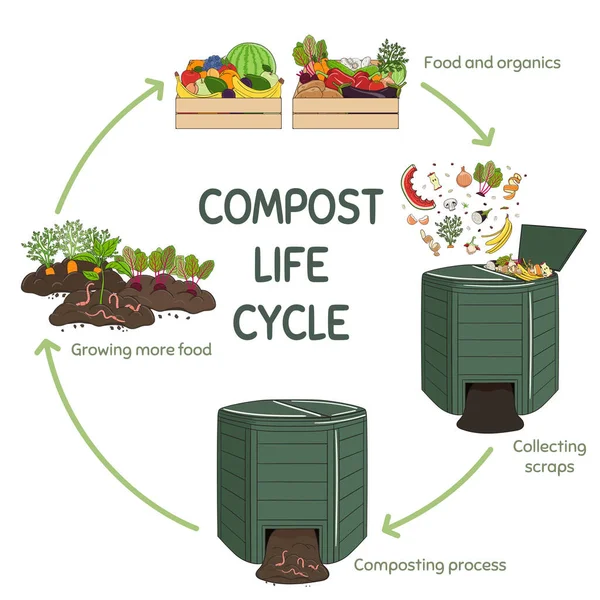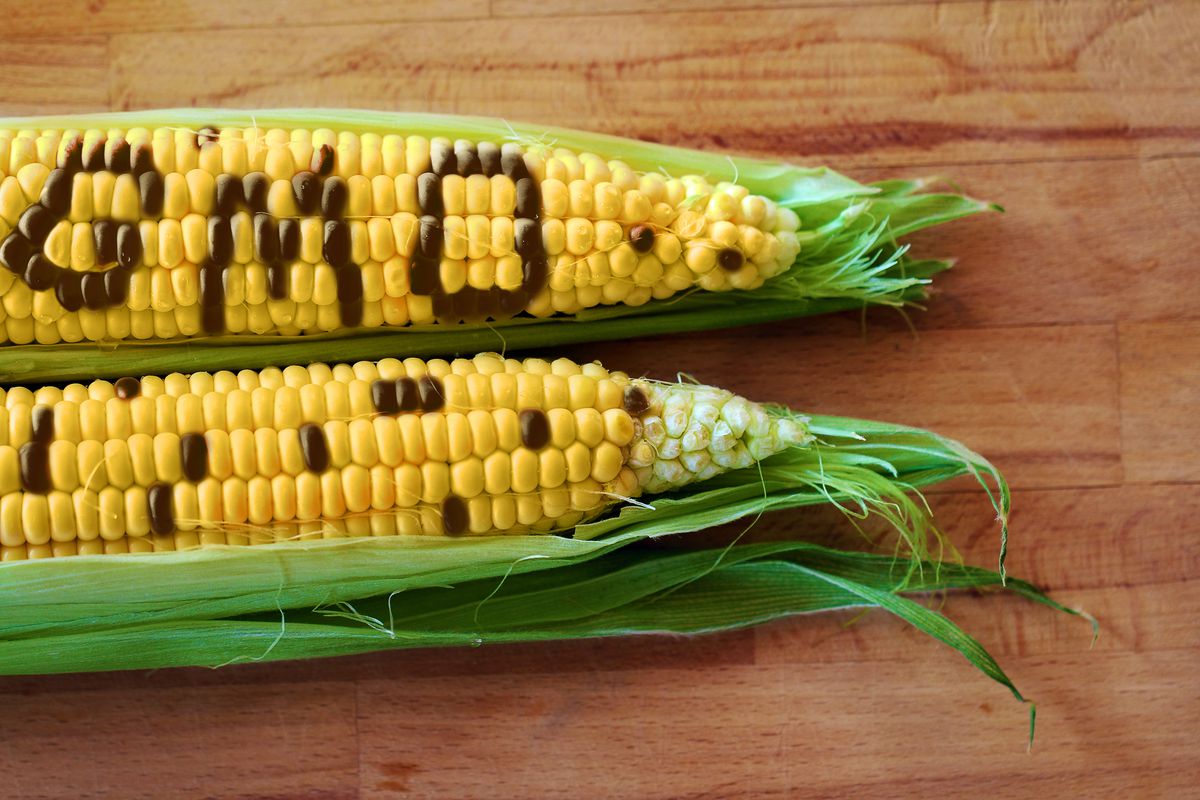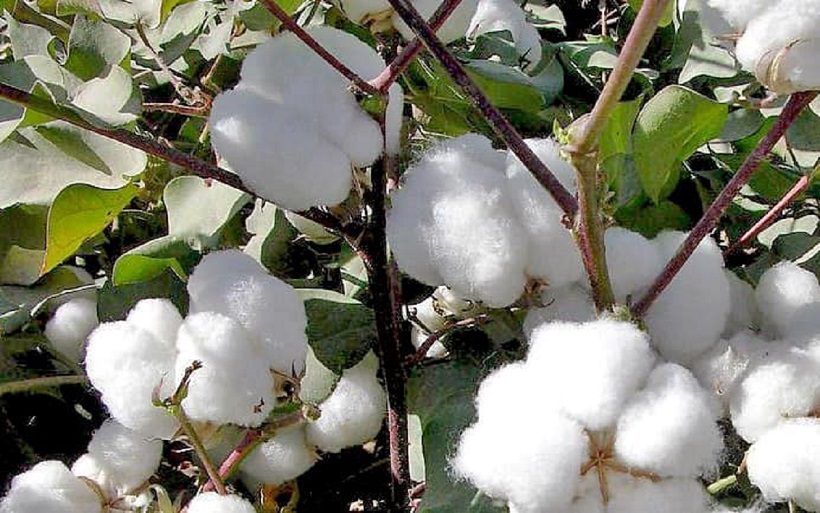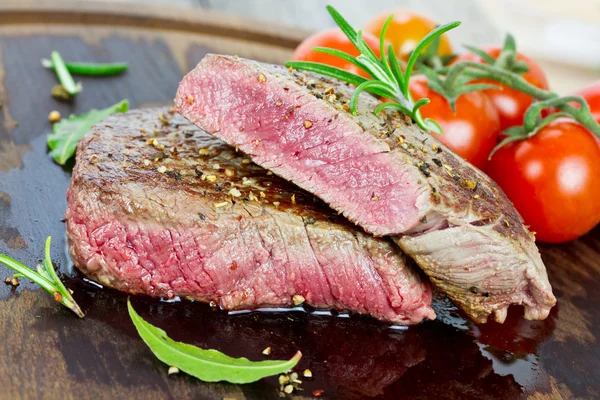Composting is one of the best ways to recycle kitchen scraps, yard waste, and other organic materials into nutrient-rich soil for your garden. This organic fertilizer improves soil health, boosts plant growth, and reduces waste, making it a must-do for any eco-conscious gardener. And the best part? You can make compost right in your backyard using materials you probably already have at home.
In this guide, we’ll walk you through the steps to Turn Your Kitchen and Garden Waste into Black Gold to make your own compost, plus tips to speed up the process and maintain a healthy compost pile.
Why Compost?
Before we jump into the how-to, let’s talk about why composting is such a valuable practice. Whether you’re an urban gardener growing vegetables in pots or managing a larger home garden, composting offers several benefits:
- Enriches the soil: Compost improves soil structure, water retention, and drainage, making it ideal for both heavy clay soils and sandy soils.
- Adds nutrients: Compost contains essential nutrients like nitrogen, phosphorus, and potassium, which promote healthy plant growth.
- Reduces waste: Composting helps divert kitchen and yard waste from landfills, reducing your environmental impact.
- Saves money: Making your own compost means you won’t need to buy synthetic fertilizers, plus it helps improve the efficiency of your water usage.
Read Next: 12 Best Natural And Organic Fertilizers For Home Gardeners
Step-by-Step Guide to Making Compost
1. Choose the Right Location
Find a well-drained spot for your compost pile or bin, preferably in partial shade. It’s best if it’s directly on the ground to allow earthworms and other beneficial organisms to access the pile, speeding up decomposition.
- Compost Bin Recommendation: Consider purchasing a durable compost bin that’s designed for easy turning and aeration (insert affiliate link for a compost bin). This helps keep your pile neat and pest-free.
Whether you’re tight on space or have a larger garden, there’s a composting bin perfect for you. From Amazon, options like the compact Envirocycle Compost Bin and efficient FCMP Outdoor IM4000 Tumbling Composter stand out for their ease of use and durability. Over on eBay, bins like the 65L Garden Compost Bin offer budget-friendly alternatives with great functionality.
Choosing the right compost bin makes all the difference in maintaining an eco-friendly, vibrant garden. Composting not only reduces your waste footprint but also creates organic fertilizer for your plants, saving you money and enhancing your gardening efforts. With so many high-quality options available online, there’s no better time to start your composting journey.
2. Know What to Compost: Green vs. Brown Materials
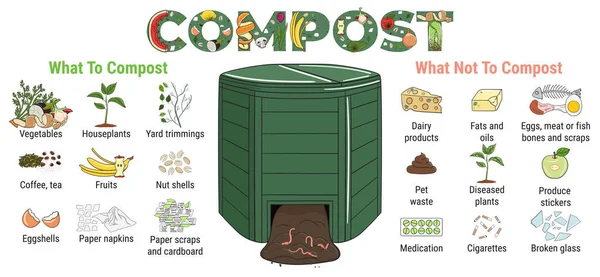
For compost to break down effectively, it requires a balance of green materials (high in nitrogen) and brown materials (high in carbon).
Here’s a quick breakdown:
- Green Materials (Nitrogen): Fresh grass clippings, vegetable scraps, coffee grounds, tea bags, fruit peels, and eggshells.
- Brown Materials (Carbon): Dry leaves, straw, paper, cardboard, wood chips, and sawdust.
Tip: Aim for a ratio of roughly 1 part green materials to 2-3 parts brown materials for the best results.
3. Shred and Layer Materials
To speed up the composting process, shred or chop larger items like twigs, cardboard, or vegetable stems. This increases the surface area, allowing microorganisms to break them down more quickly.
- Start by laying down a layer of coarse brown material (like straw or twigs) to help with aeration.
- Add a layer of green material, followed by a layer of brown.
- Repeat the layers as you continue to add materials.
Tip: Always cover green materials with brown to avoid attracting pests like fruit flies.
4. Turn the Compost Regularly
Aeration is key to keeping your compost healthy and decomposing efficiently. Every couple of weeks, use a garden fork or a compost turner (insert affiliate link to a compost turner) to mix the pile. This introduces oxygen and helps heat up the pile, speeding up the breakdown of materials.
- Compost Thermometer: If you want to get technical, use a compost thermometer to monitor the temperature. The ideal temperature for decomposition is between 135°F and 160°F (57°C to 71°C). At this range, you’ll kill off weed seeds and pathogens.
5. Keep the Pile Moist
Moisture is essential for decomposition. The compost pile should feel like a damp sponge—not too dry, not too wet. If it’s too dry, materials won’t break down properly. If it’s too wet, it can start to smell and become anaerobic (which slows down the process).
- During dry periods, water the pile with a garden hose. If it gets too wet, add more dry brown materials to absorb excess moisture.
6. Patience and Harvesting Compost
Depending on the size of your compost pile, the materials, and how often you turn it, it can take anywhere from a few months to a year to produce finished compost. You’ll know your compost is ready when it looks dark and crumbly, like rich soil, and has a pleasant earthy smell.
- Compost Sifter: To harvest compost, use a compost sifter to separate the finished compost from larger, undecomposed materials (insert affiliate link to a compost sifter). The finished compost can be used in your garden, while the larger bits can go back into the pile for further breakdown.
Speed Up the Compost Process: Compost Accelerators
If you’re looking to speed up the composting process, you can use compost accelerators or compost starters (insert affiliate link to compost accelerators). These products contain microbes and enzymes that jumpstart the decomposition process, helping to break down organic materials faster.
Alternatively, you can sprinkle a bit of garden soil or mature compost into the pile to introduce beneficial microorganisms.
Common Composting Issues and How to Fix Them
Even though composting is a straightforward process, sometimes issues arise. Here are some common problems and solutions:
- Pile Smells Bad
- Cause: Too much green material or poor aeration.
- Solution: Add more brown materials and turn the pile more frequently.
- Compost is Too Dry
- Cause: Not enough moisture or too many dry materials.
- Solution: Water the pile and add more green materials to balance the moisture level.
- Compost is Not Breaking Down
- Cause: The pile is too cold or too dry.
- Solution: Turn the pile and ensure it stays moist. Consider adding a compost accelerator to jumpstart the process.
Uses of Finished Compost
Once your compost is ready, it can be used in several ways to improve your garden:
- Soil amendment: Mix compost into garden beds to enrich the soil before planting.
- Mulch: Spread a layer of compost around your plants to retain moisture and suppress weeds.
- Compost Tea: Create a nutrient-rich liquid by soaking compost in water for a few days and then use it to water your plants (insert affiliate link to a compost tea brewer).
Conclusion: Make Composting a Part of Your Gardening Routine
Composting is an eco-friendly, budget-conscious way to recycle your kitchen and yard waste while enriching your garden soil. By following these steps and maintaining a balance of green and brown materials, you’ll create rich, nutrient-dense compost that will boost plant growth and improve soil health.
So, whether you’re just getting started with home gardening or are a seasoned pro, composting should definitely be part of your routine. Plus, with the right tools and techniques (and a bit of patience), you’ll be turning food scraps into garden gold in no time
Read Next What You Need to Know About Soil Health Management and How to Improve It
FAQS on Compost Making
What are the top-rated composting bins on Amazon?
Some of the top-rated composting bins on Amazon include:
- VEVOR Dual Chamber Compost Tumbler: A larger option with a high volume, rated 4.4 stars, ideal for outdoor use.
- Utopia Kitchen Compost Bin: A 1.3-gallon countertop option with a 4.6-star rating.
- EPICA Countertop Compost Bin: Also 1.3 gallons, known for its odorless design and rated 4.7 stars.
Which composting bins are most popular on eBay?
On eBay, popular composting bins include:
- Plastic Compost Bin with Lid: Simple and effective, often available at competitive prices.
- 65L Garden Compost Bin: A rotating composter that’s well-reviewed for its efficiency.
- Garden Compost Tumbler: Known for its barrel-style design, suitable for larger gardens.
Are there any composting bins that are particularly good for small spaces?
Yes, several composting bins are designed specifically for small spaces:
- Countertop Compost Bins: Options like the Utopia Kitchen and EPICA bins are compact and ideal for kitchens.
- Tiyafuro Hanging Small Trash Can: This versatile bin can be mounted under sinks or in cabinets, making it perfect for limited space.
What features should I look for in a composting bin?
When choosing a composting bin, consider the following features:
- Ease of Use: Consider how easy it is to access and turn the compost.
- Size and Capacity: Ensure it fits your available space and meets your composting needs.
- Material: Look for durable materials that can withstand outdoor conditions if used outside.
- Aeration: Good airflow is essential; choose bins with vents or removable sides.
